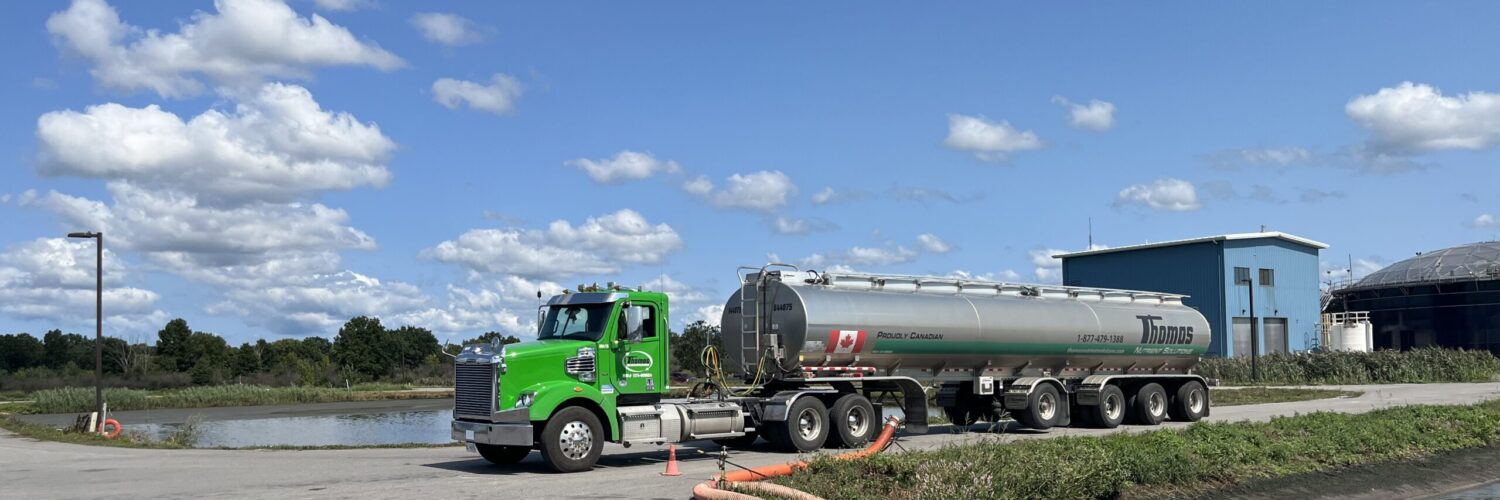Eliminating plastic waste is a major challenge for Canada. Plastic waste is one of the most difficult pollutants to manage because of its widespread use. In Canada, there is an estimated 3 million tonnes of plastic waste produced every year, of which only 9 percent is recycled. This means that a large part of this waste ends up in landfills and around 29,000 tonnes of that pollute the environment. Plastic rubbish is contaminating Canadian rivers, lakes, and other bodies of water, damaging marine ecosystems, harming wildlife, and producing microplastics in the water.
The Honourable Jonathan Wilkinson, Minister of Environment and Climate Change, announced the Government of Canada’s plans on eliminating plastic waste by 2030. The critical part of this plan hinges on banning harmful single-use plastic materials. This is the biggest culprit in plastic waste pollution because these are often not recycled. But as alternatives become readily available, the Government has identified six types of plastic items that it is looking to ban including plastic checkout bags, straws, stir sticks, six-pack rings, cutlery, and food containers made from hard-to-recycle plastics.
This programme is going to involve all federal, provincial and territorial governments who agreed to the Canada-wide Strategy on Zero Plastic Waste. The Government of Canada will continue to work with provinces, territories, and municipalities as they are leaders in the recovery and recycling of plastic waste. They plan to strengthen existing programs and increase Canada’s capacity to reuse and recover more plastics while making producers and sellers of plastic products responsible for their collection.
Each province has taken different initiatives to meet the goals set by the Government of Canada in eliminating plastic waste.
In Quebec, Peter Schiefke, the Parliamentary Secretary to the Minister of Environment and Climate Change, announced a government investment of $205,000 to help Nature-Action Québec Inc.’s plastic pollution reduction project through the Zero Plastic Waste Initiative. They plan on installing waste capture nets at municipal sewer outlets to eliminate litter before it enters the wastewater system as well as raising community awareness regarding plastic pollution.
For the province of Ontario, the Honourable Karina Gould, Minister of International Development, has pledged an investment of $555,000 to back three new projects that support the Zero Plastic Waste Initiative in eliminating plastic waste. This will help develop new and innovative solutions that prevent, capture, and remove plastic pollution and likewise inform consumer of sustainable actions.
The Prairies also received an investment of $330,000 towards the Zero Plastic Waste Initiative as announced by Terry Duguid, the Parliamentary Secretary to the Minister of Environment and Climate Change (Canada Water Agency).
In Atlantic Canada, the Honourable Bernadette Jordan, Minister of Fisheries, Oceans and the Canadian Coast Guard, guaranteed an investment of over $270,000 for supporting four new projects in Nova Scotia and Newfoundland and Labrador that help with the Zero Plastic Waste Initiative.
Several companies have also been granted funding to continue their work on efforts to curb plastic waste pollution by eliminating plastic waste.
Some of these companies like Nativus Energy Ltd and Wicehtowak Limnos Consulting Services Ltd will work with the First Nation communities in their respective areas to develop community specific strategies for increased collection of plastic waste.
The Alberta Plastics Recycling Association have participated in the initiative by collecting data on the amount and types of plastic pollution produced by industries and municipalities around the Edmonton Capital Region to support waste reduction plans.
Organizations have also received monetary support from the government to facilitate the reduction of plastic waste. These include the Cape Breton Atlantic Coastal Action Program, tasked with exploring environmentally responsible and cost-effective alternatives for local food packaging; the International Fund for Animal Welfare Inc., a group that will develop best practices for removing marine plastic litter in Newfoundland harbours; the Municipality of the County of Victoria, which will seek out innovative solutions to help reduce local plastic waste and pollution; and TGM Tours Inc. which will reduce plastic waste and pollution in the Gros Morne Region.
If you are a municipality in Ontario and in need of a biosolids management solution, please feel free to contact us at 1 (877) 479-1388.
Sources:
https://www.canada.ca
https://www.recyclingproductnews.com

